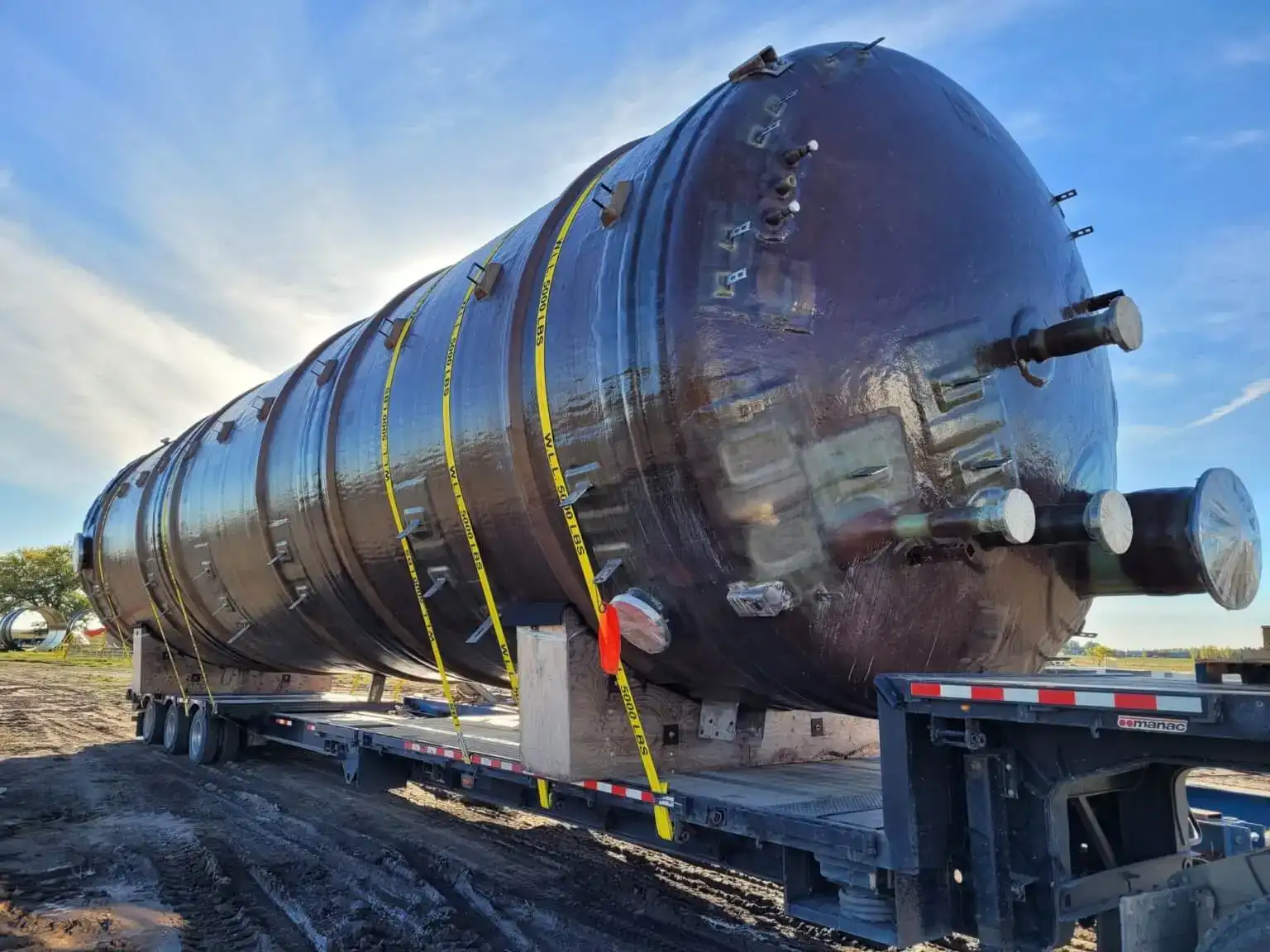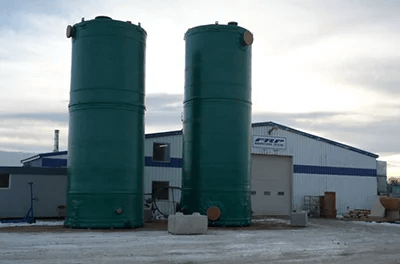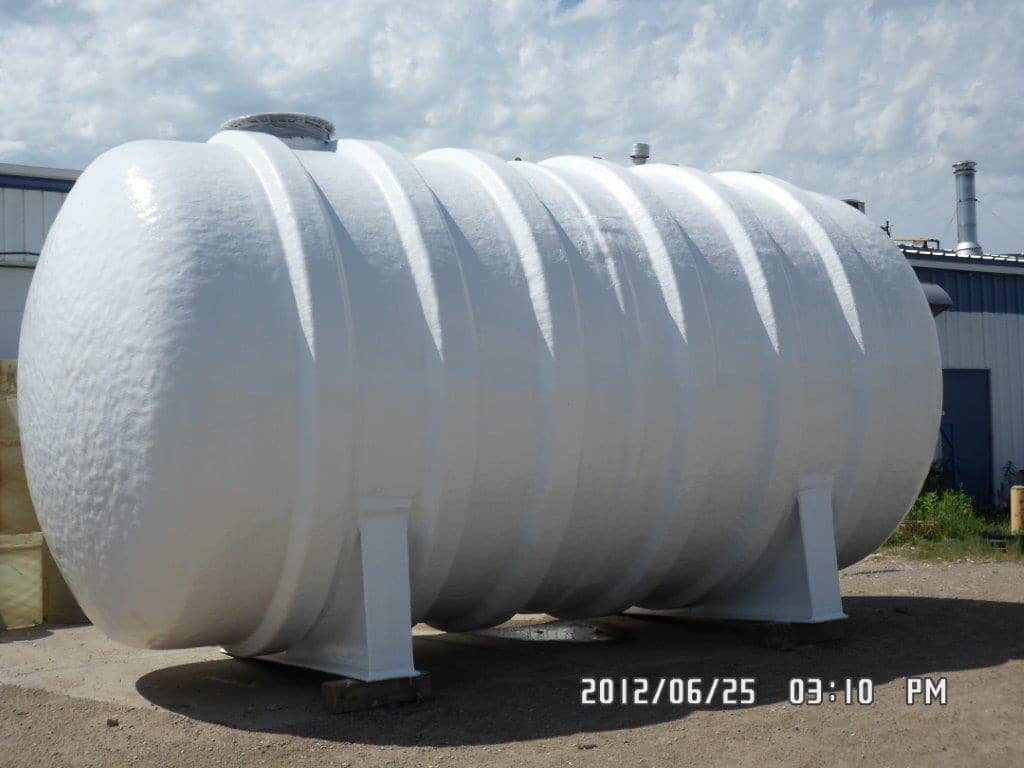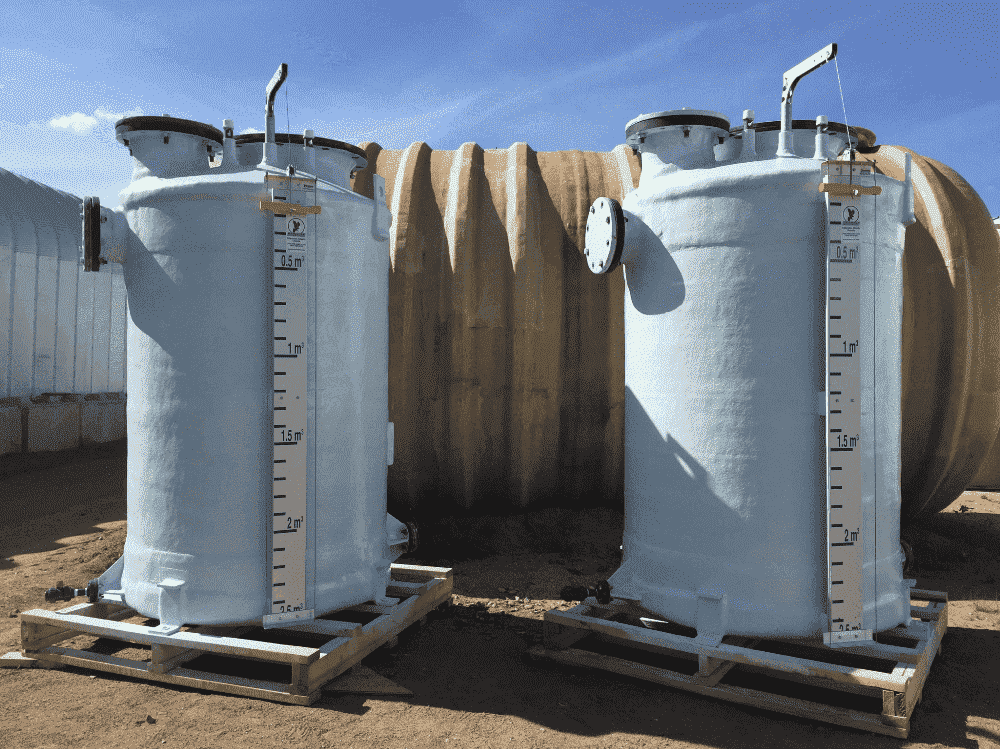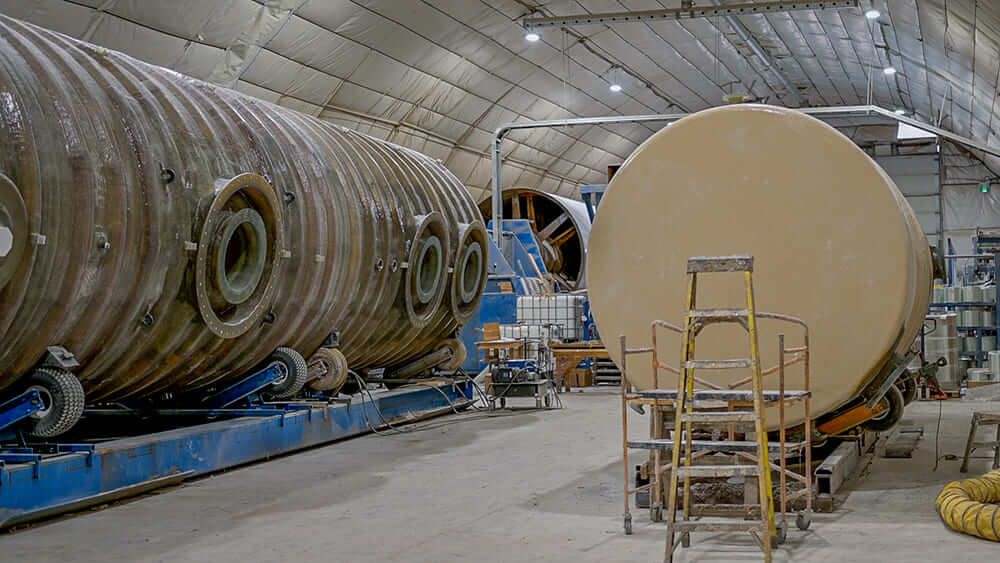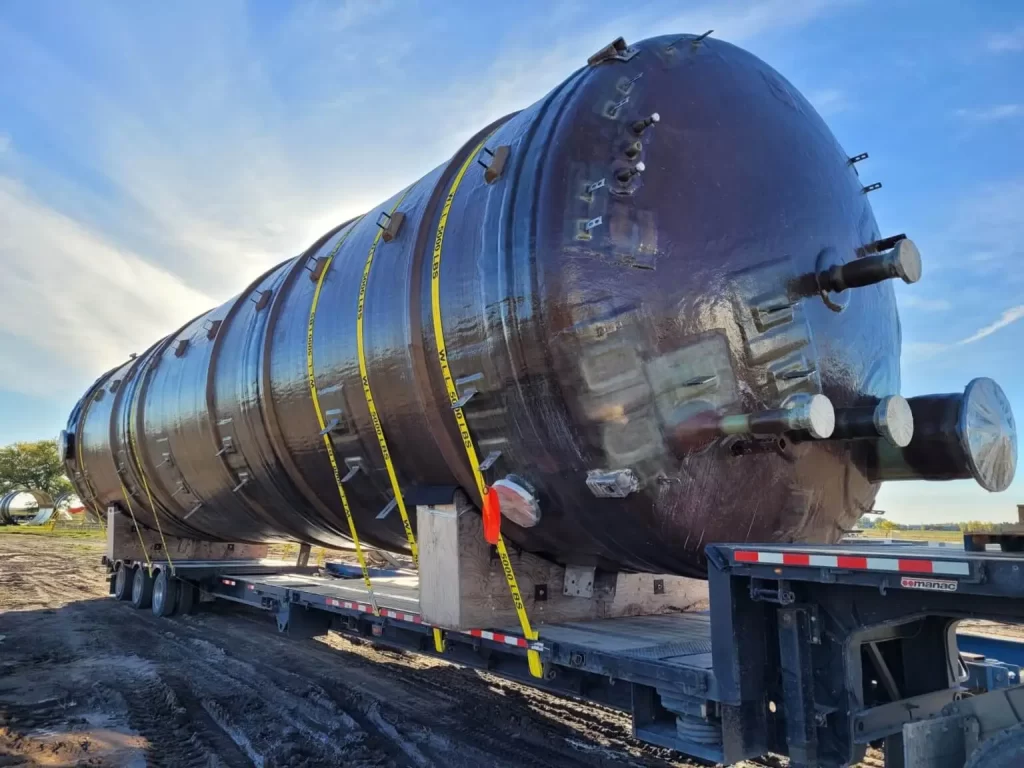Did you know around an estimated 6 gallons of water could be gathered from each square yard of your house’s rooftop during an hour of steady rainfall? This water can potentially be used for washing clothes, supplying water for the toilet and showers, water for a pool or hot tub, or even watering the lawn, plants, and trees. The practice of collecting and storing rainwater that falls on rooftops or other surfaces for various uses is known as rainwater harvesting. This technique of sustainable water management strategy has been around for centuries and has gained popularity recently because of concerns about water scarcity, environmental sustainability, and the growing need for alternative water sources.
Fiberglass tanks are increasingly being used for rainwater harvesting due to their unique properties which include durability, corrosion resistance, and watertight features among many others. Read ahead to discover what makes FRP tanks the superior choice for efficient rainwater harvesting.
Leak-Proof Storage
Fiberglass tanks are popular for their durability and resilience, and these tanks provide a seamless and reliable storage solution. Fiberglass tanks are designed to minimize the risk of leaks, and ensure that the rainwater is safely stored within the tank without seeping or contaminating the external environment which safeguards the quality of stored rainwater water.
Corrosion-Resistance
Traditional metal tanks can degrade and corrode over time, however, fiberglass tanks are inherently resistant to corrosion. This corrosion resistance of FRP tanks is essential in rainwater harvesting systems, where exposure to moisture and different weather conditions is inevitable. Fiberglass tanks can endure long periods of exposure to rainwater without rusting which preserves the integrity of the stored rainwater and prolongs the tank’s lifespan, offering a sustainable and green storage solution for storing rainwater. In addition, fiberglass does not react chemically with water which is crucial for protecting water quality in rainwater harvesting operations.
Impurities or other contaminants do not leach into the rainwater when stored in fiberglass tanks, and this ensures that the rainwater maintains its cleanliness, safety, and suitability for various non-potable activities.
Variety Of Customization Choices
Fiberglass tanks can be customized to adapt to suit unique rainwater harvesting requirements. These tanks can be manufactured in different sizes, shapes, and formats to adjust to different storage capacities and space limitations.
Long Lifespan
Fiberglass tanks are engineered to last for many decades with proper care and maintenance, and this allows FRP tanks to provide a reliable solution for storing rainwater over the years. The long lifespan of fiberglass tanks offers a sustainable and cost-effective rainwater storage solution that offers unhindered access to stored rainwater for a variety of applications.
Temperature Resistance
Temperature fluctuations can affect the quality of collected rainwater, as high temperatures can result in the growth of algae and bacteria in the harvested rainwater if a tank is exposed to direct sunlight. Fiberglass tanks are built to be temperature-resistant, and this feature helps regulate water temperature and reduces the threat of microbial contamination, which ensures that the harvested rainwater is safe for non-potable usage.
If you are considering the installation of a rainwater collection system for a sustainable and reliable rainwater harvesting storage tank, look no further! Our team at FRP Mocoat can assist you in turning your dream rainwater harvesting project into a reality! Contact us today to learn more.

